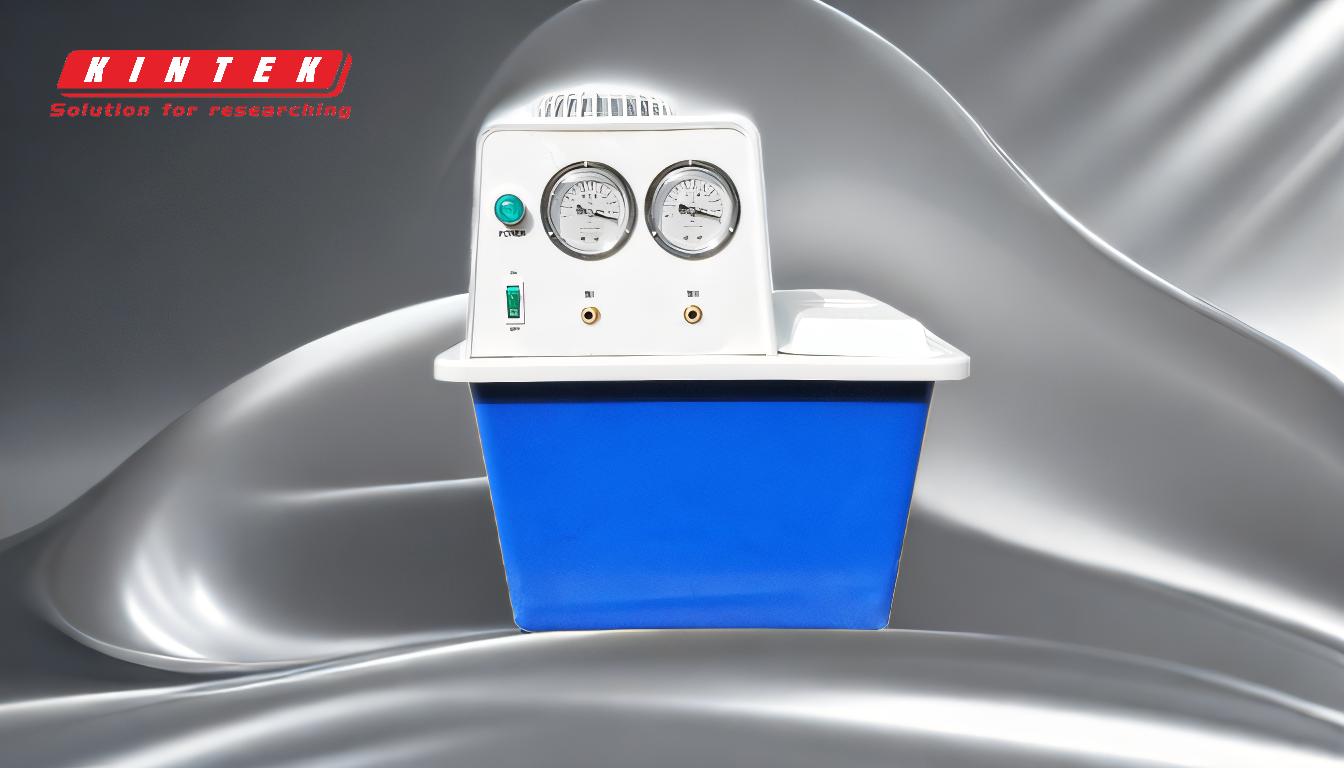A vacuum pump is essential in various applications where creating a vacuum or reducing pressure is necessary. It is commonly used in processes like vacuum furnaces, short-path distillation, rotary evaporators, and laboratory settings to lower boiling points, prevent sample degradation, and achieve efficient separation of substances. The need for a vacuum pump depends on the specific requirements of your process, such as the desired pressure range, the type of gas or air to be removed, and the level of precision needed. If your application involves creating a controlled vacuum environment, a vacuum pump is likely indispensable.
Key Points Explained:

-
What is a Vacuum Pump?
- A vacuum pump is a device that removes gas molecules or air particles from a sealed volume to create a partial or full vacuum.
- It works by changing the pressure in a contained space, either mechanically or chemically, to achieve the desired vacuum conditions.
-
Applications Requiring a Vacuum Pump
- Vacuum Furnaces: Used to remove air and gases to create a controlled vacuum atmosphere for processing materials.
- Short-Path Distillation: Provides a vacuum environment to lower boiling points and ensure efficient separation of substances.
- Rotary Evaporators: Reduces pressure to lower the boiling point of solutions, preventing sample degradation.
- Laboratory Settings: Adjusts pressure to facilitate evaporation at lower temperatures, preserving the integrity of sensitive samples.
-
Why You Might Need a Vacuum Pump
- Pressure Control: If your process requires precise control over pressure levels, a vacuum pump is essential.
- Lower Boiling Points: For applications like distillation or evaporation, a vacuum pump lowers the boiling point of liquids, enabling efficient separation or evaporation at reduced temperatures.
- Controlled Atmosphere: In processes like vacuum furnaces, a vacuum pump ensures a clean, gas-free environment for material processing.
-
Key Considerations When Choosing a Vacuum Pump
- Pressure Range: Ensure the pump can achieve the required vacuum level (e.g., 1 bar(a) to 0.1 bar(a) for certain applications).
- Type of Gas or Air: Some pumps are better suited for specific gases or contaminants.
- Precision and Control: For applications requiring exact pressure settings, choose a pump with adjustable controls.
- Multi-Stage vs. Single-Stage: Multi-stage pumps are often used for higher pressure ratios and more demanding applications.
-
Alternatives to Vacuum Pumps
- In some cases, multi-stage air compressors can be used to create vacuums within specific pressure ranges (e.g., 1 bar(a) to 0.1 bar(a)). However, these may not provide the same level of precision or control as dedicated vacuum pumps.
-
Conclusion
- If your application involves creating a vacuum, controlling pressure, or lowering boiling points, a vacuum pump is likely necessary. Evaluate your specific requirements, such as pressure range, gas type, and precision, to determine the best pump for your needs.
Summary Table:
| Key Considerations | Details |
|---|---|
| Applications | Vacuum furnaces, short-path distillation, rotary evaporators, laboratories |
| Pressure Control | Essential for precise pressure adjustments |
| Boiling Point Reduction | Enables efficient separation and evaporation at lower temperatures |
| Pressure Range | 1 bar(a) to 0.1 bar(a) for specific applications |
| Precision & Control | Adjustable controls for exact pressure settings |
| Multi-Stage vs. Single-Stage | Multi-stage for higher pressure ratios and demanding applications |
Unsure if a vacuum pump is right for your application? Contact our experts today for personalized advice!










